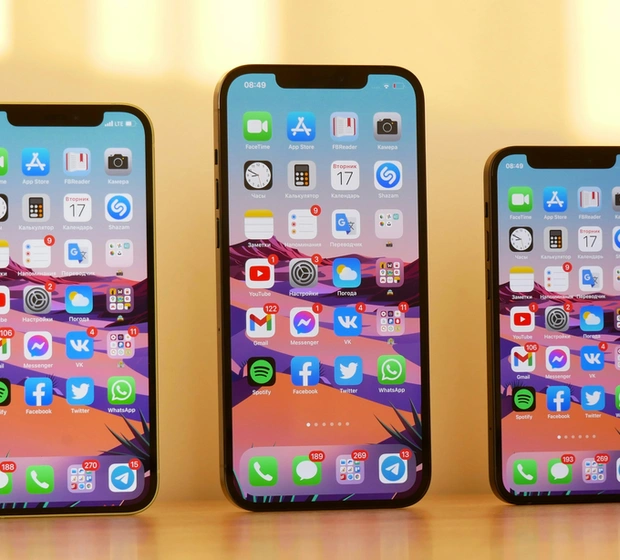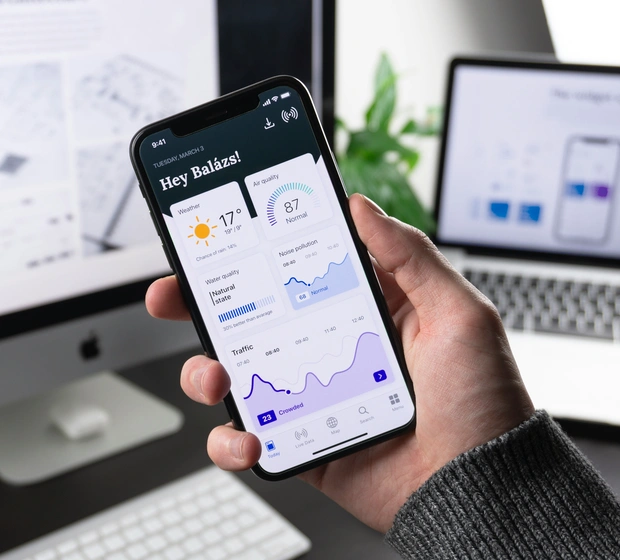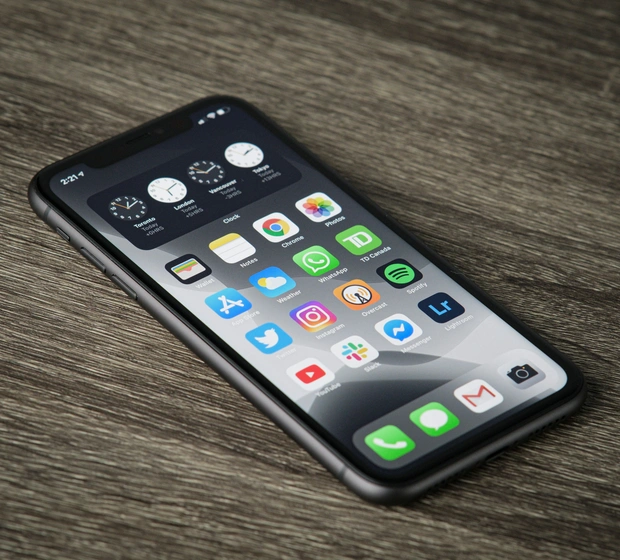table of contents
Mobile App Development
Mobile app development is the process of creating software applications that run on mobile devices such as smartphones and tablets. This field has grown exponentially over the past decade due to the widespread adoption of mobile technology and the increasing demand for convenient, on-the-go access to services and information. Mobile apps can serve various purposes, including entertainment, communication, productivity, shopping, health, and more.
Overview of Mobile App Development
At its core, mobile app development encompasses the design, coding, testing, and deployment of applications tailored for mobile operating systems like Android, iOS, and sometimes others like Windows Mobile. Developers must consider factors such as device constraints, screen sizes, user experience, and platform-specific requirements. The goal is to create applications that are efficient, user-friendly, and compatible with various devices.
Platforms for Mobile App Development
The two dominant platforms in mobile app development are Android and iOS. Each platform has its own development environment, programming languages, and guidelines.
Android
Android, developed by Google, is an open-source platform that powers a majority of the world’s smartphones. Android apps are typically written in Java or Kotlin and are developed using Android Studio, an integrated development environment (IDE) provided by Google. The Google Play Store is the primary distribution channel for Android apps.
iOS
iOS is Apple’s proprietary operating system for iPhones and iPads. iOS apps are primarily developed in Swift or Objective-C using Xcode, Apple’s official IDE. The Apple App Store is the exclusive marketplace for iOS applications. Due to Apple’s strict app review process, apps must comply with stringent guidelines before being published.
Types of Mobile Apps
Mobile apps can be categorized into three main types, each with its own development approach and advantages:
Native Apps
Native apps are developed specifically for a single platform using the platform’s native programming languages and tools. They typically offer the best performance and user experience because they can fully leverage device hardware and software features.
Web Apps
Web apps are essentially websites optimized for mobile browsers. They don’t require installation and can be accessed through a URL. However, they have limited access to device features and often lack the smoothness of native apps.
Hybrid Apps
Hybrid apps combine elements of both native and web apps. They are built using web technologies like HTML, CSS, and JavaScript and wrapped inside a native container. Frameworks such as React Native, Flutter, and Ionic facilitate hybrid app development, allowing for cross-platform compatibility.
Mobile App Development Process
Developing a mobile app involves several key stages, often iterative to ensure the best outcome:
1. Idea and Market Research
Before coding begins, it is crucial to identify the app’s purpose, target audience, and competitive landscape. Market research helps validate the app idea and define key features.
2. Planning and Design
This phase includes creating wireframes, user interface (UI) designs, and user experience (UX) workflows. The goal is to establish a clear vision of how the app will look and function.
3. Development
Developers write the actual code based on the design specifications. This includes front-end (user interface) and back-end (server-side) development if the app requires data storage or processing.
4. Testing
Testing ensures the app is free of bugs, performs well, and provides a seamless user experience. Different types of testing include functional, usability, performance, and security testing.
5. Deployment
Once the app passes testing, it is submitted to app stores (Google Play, Apple App Store) for review and publication. This process may involve complying with various guidelines and standards.
6. Maintenance and Updates
Post-launch, developers monitor app performance, fix bugs, and release updates to improve features or adapt to new OS versions.
Tools and Technologies in Mobile App Development
Modern mobile app development relies on a variety of tools and frameworks to streamline the process and enhance capabilities.
- Programming Languages: Java, Kotlin, Swift, Objective-C, JavaScript, Dart
- Development Environments: Android Studio, Xcode, Visual Studio Code
- Frameworks: React Native, Flutter, Xamarin, Ionic





